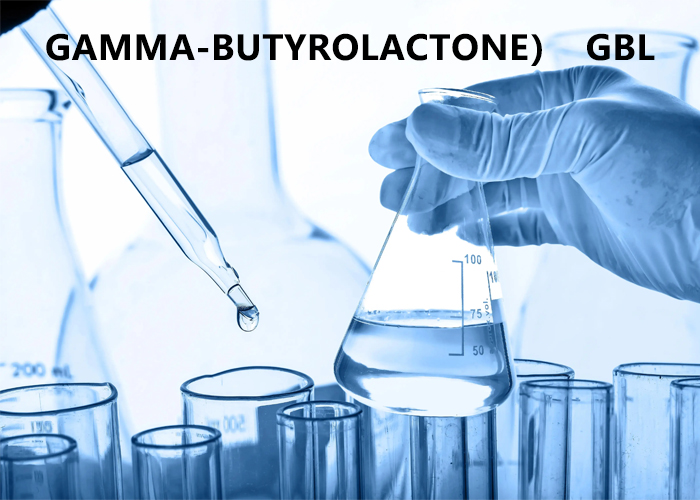γ-Butyrolactone Market Welcomes Growth Opportunities: Demand for Printing Inks and Photoresists Drives Industry Development
In recent years, gamma-butyrolactone GBL has attracted attention for its wide application potential. As an important chemical raw material, the demand for γ-Butyrolactone GBL in printing inks and photoresists has continued to grow, which has driven the development of its market.
γ-Butyrolactone GBL Technical parameters
Molecular formula: C4H8O2
Molecular weight: 88.11 g/mol
Boiling point: 204 °C
Density: 1.12 g/cm³
Safety information
Expansion of gamma-butyrolactone GBL application areas
Printing ink:
The application of gamma-butyrolactone in printing inks has greatly improved the fluidity and adhesion of inks, meeting the needs of high-quality printing. With the advancement of digital printing technology, the market demand for high-performance inks continues to rise, further promoting the application of gamma-butyrolactone.
Photoresist:
In semiconductor manufacturing, the quality of photoresist directly affects the performance of the product. The introduction of gamma-butyrolactone significantly improves the photosensitivity of photoresist, making it an ideal choice for high-precision manufacturing. With the popularization of electronic products, the rapid development of the photoresist market has further increased the market demand for gamma-butyrolactone.
Environmental protection and safety of gamma-butyrolactone
With increasingly stringent environmental regulations, the low toxicity and environmental protection properties of gamma-butyrolactone make it an ideal choice to replace traditional chemicals. Many companies are actively seeking raw materials that meet environmental standards to reduce the impact of production on the environment.
Future Outlook for γ-Butyrolactone
In the future, the market prospects for γ-butyrolactone are promising. With the continuous emergence of emerging technologies, especially in the fields of electronics, chemical industry and materials science, the application of γ-butyrolactone will continue to expand. In addition, R&D personnel are exploring its potential applications in new materials and green chemistry, which will further promote its market growth.
Conclusion
Gamma-Butyrolactone is gradually becoming an important raw material in the chemical industry due to its unique chemical properties and wide range of applications. With the increase in market demand and the continuous advancement of technology, the future development prospects of γ-butyrolactone are very broad. Enterprises should seize this opportunity and actively layout related markets to achieve sustained growth.
